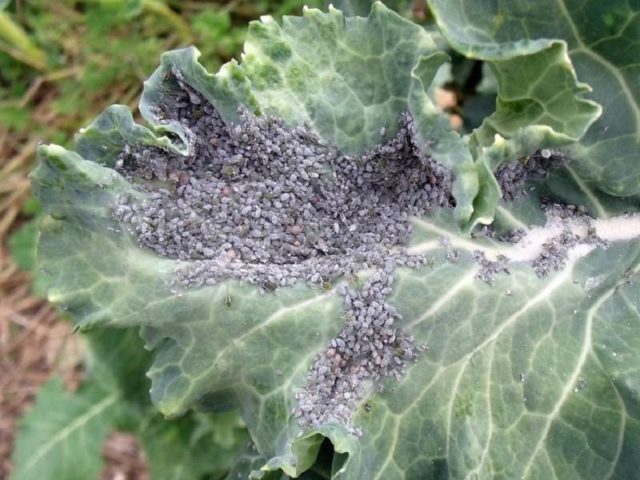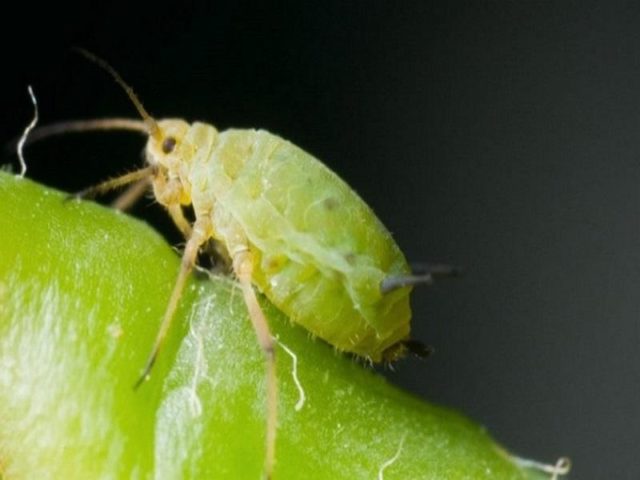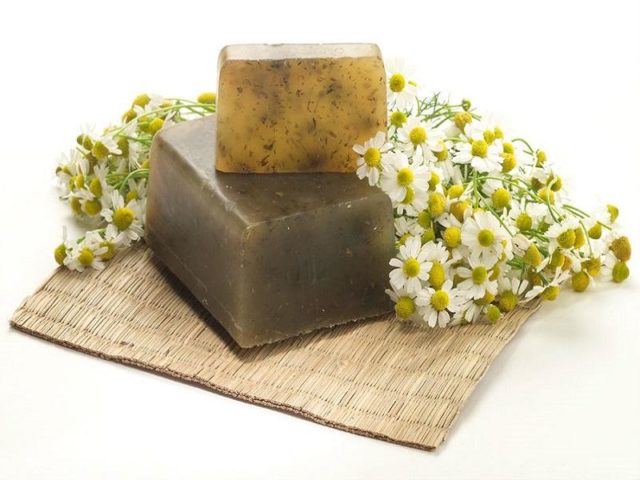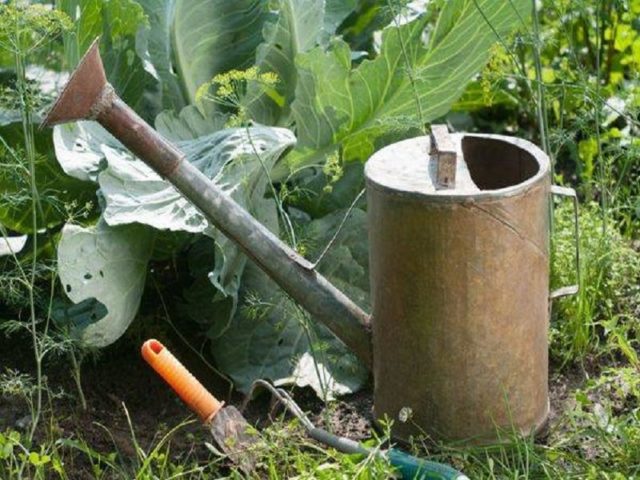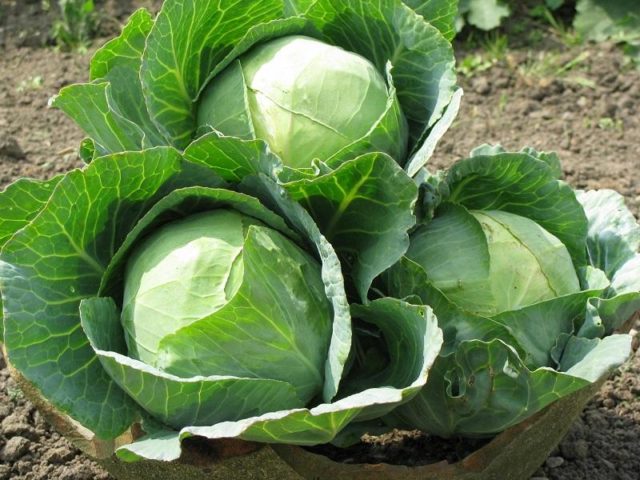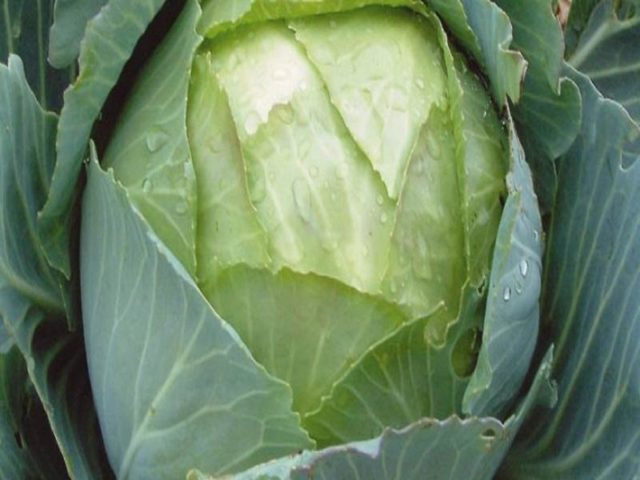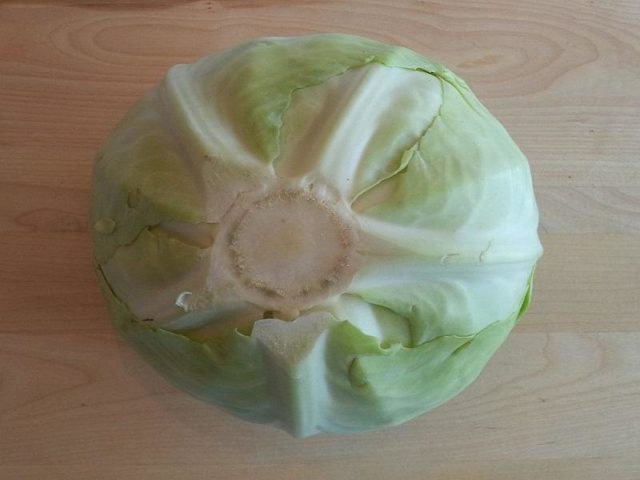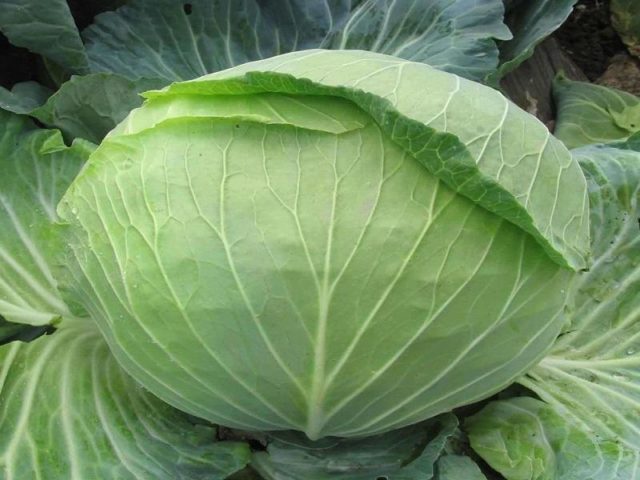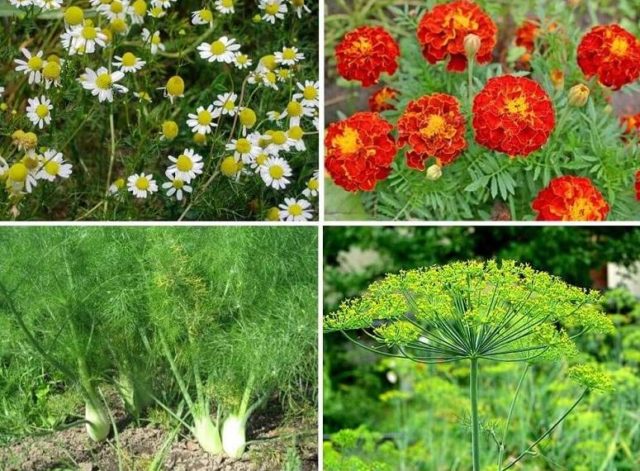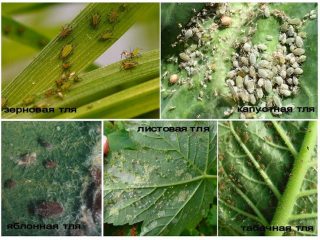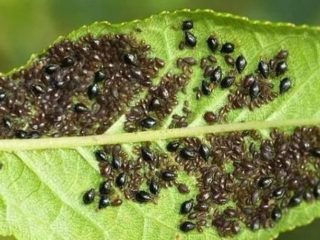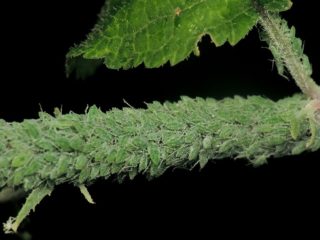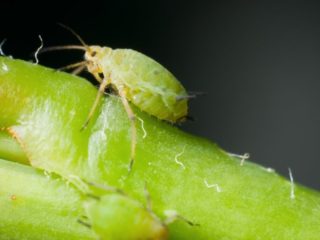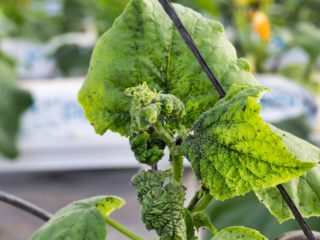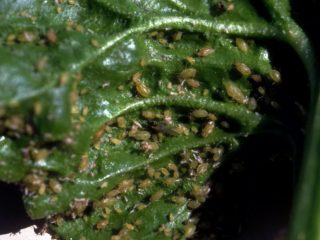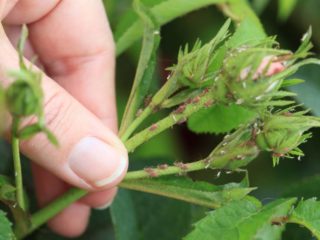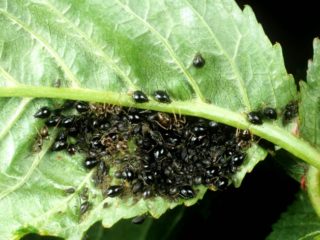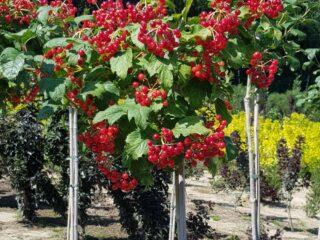Content
Pests that infect cruciferous crops are capable of destroying the future crop in a short time. Therefore, you need to know how to deal with aphids on cabbage using folk methods and chemicals, which of them turns out to be the most effective and effective.
You should get rid of aphids on cabbage before the heads of cabbage begin to form. For effective plant protection, knowledge about the biological characteristics of the pest, the reasons for its appearance and the secrets of destruction is necessary.
Why is the appearance of aphids on cabbage dangerous?
Cabbage aphids are ubiquitous. This small insect belongs to the Hemiptera order. It feeds on plant sap. Can attack any cruciferous - cabbage, radish, turnip, daikon.
Aphids are capable of piercing tissues with their proboscis and sucking juices from leaf plates and cabbage shoots. At this moment, the plant loses chlorophyll, photosynthesis does not occur, it turns yellow, withers, dries up and dies.
Aphids multiply very quickly, forming huge colonies. For the attack, it chooses young tender cabbage leaves, located on their underside. At the same time, the aphid prefers the growth points of the heads of cabbage, destroying them even at the stage of inception.
The development of a pest on cabbage is quite difficult. Aphid eggs hibernate on the remains of cruciferous plants. When the air temperature rises to +11 oFrom them, larvae appear, which later become wingless females and produce their offspring, which is already winged. It, in turn, displays new numerous colonies, flying from one place to another.
As a result, a huge number of these small pests can destroy or make cabbage heads unusable, leaving their sticky waste on them. For this reason, the fight against aphids must be carried out on time, using all effective methods and means.
What are the measures to combat cabbage aphids
To combat aphids for prophylactic purposes, plantings of tomatoes are placed next to cabbage, which can scare off pests with their smell. For the same purpose, marigolds, lavender, and calendula are planted along the edges of the beds. To prevent the appearance of aphids, the plants must be short so that the cabbage seedlings are not shaded.
Some gardeners advise attracting hoverflies to the site - insects that feed on aphids. The method is controversial, since the houses made and intended for them are most often occupied by ants.
You can destroy aphids by sprinkling cabbage with an infusion of nettle, bay leaf, potato tops, tobacco, onions and garlic, chamomile or wormwood.
An old folk remedy for aphids is considered to be spraying cabbage with an infusion of ash, a solution of laundry or tar soap, ammonia, vinegar.
With large colonies of aphids spreading through cabbage seedlings, many try to treat the plants with insecticidal preparations. The multiplicity and method of their use must comply with the instructions for the use of these funds (Arrivo, Decis, Pirimix, Fufanon).
How to get rid of aphids on cabbage using folk methods
Although aphids are a very minor pest, they can kill cabbage extremely quickly. Insecticides are effective control methods, since they destroy not only insects, but also larvae. At the same time, chemical preparations for aphids can accumulate in fruits and cause irreparable harm to human health. In cabbage, almost the entire aerial part is used for food, so the use of insecticides in this regard is doubly dangerous.
The most harmless methods of dealing with aphids are folk. It is necessary to choose the most acceptable and effective one for yourself. There are many of them, since the piggy bank of folk remedies for aphids on cabbage is constantly replenished.
Tar soap
One of the most popular folk remedies for aphids on cabbage is tar soap. The reason for its effectiveness is the birch tar in the composition, which has a detrimental effect not only on aphids, but also on ants that carry it and infect all new plants.
The most common recipe for preparing a solution is to mix 150 g of tar soap with 10 liters of water. If the cabbage is treated with a solution, then it is possible not only to get rid of pests, but also to restore and regenerate the structure of the tissues of the leaves of the culture. The wounds heal, heal, and the aphids from the sharp annoying smell of tar stop settling on the site. A week later, such an event from aphids on cabbage should be repeated.
Bay leaf
Bay leaf also belongs to the folk methods of fighting aphids on cabbage, since this spice contains a lot of essential oils. Their aroma repels pests. It is possible to use the onion remedy both in dried form and in the form of an infusion.
- The first method involves placing dry bay leaves directly under the cabbage plants;
- For the second, you need to pour a package (10 g) of spices with boiling water (1 l), cover and insist for an hour. After that, you should strain the liquid and spray the cabbage from the aphids. You need to process it again after a few days.
Ammonia
To prepare an insecticidal solution based on ammonia, you will need, in addition to ammonia (50 ml), water (10 l) and laundry soap (40-50 g), which should be pre-grinded on a coarse grater and filled with warm water. For convenience, you can replace laundry soap with shampoo or dishwashing detergent. During the growing season, it is necessary to treat the cabbage with a solution several times at intervals of a week.
Spraying with ammonia is an effective way to kill aphids on cabbage, but safety rules should be followed when using it:
- protect the respiratory tract with a respirator or mask;
- use rubber gloves;
- prepare aphid solution in the open air;
- keep the mixture out of the reach of children.
Vinegar
A solution against aphids is also prepared from table vinegar, which has a pungent sour odor. A glass of 6% vinegar is diluted in 10 liters of water, a little liquid soap is added and mixed thoroughly. Thanks to the soap additive, the aphid solution becomes viscous, capable of fixing on cabbage leaves. The seedlings should be treated in such a way that the liquid gets on their back side, where insect pests are most often found. The product is harmless, the heads of cabbage can be consumed at any time after processing.
In hot weather, spraying is carried out in the evening so that the leaves do not get burned.
The procedure should be repeated after every rain.
Tobacco against aphids on cabbage
Insects do not tolerate the pungent smell of tobacco. To combat aphids, a decoction or infusion of this agent is used.
To prepare a decoction, 200 g of tobacco leaves are poured into 5 liters of water, after which they are put on fire, brought to a boil and cooked for about 2 hours. The finished decoction is insisted until it cools completely, after which the volume is brought to the original volume with the required amount of water. After straining and adding soap, the aphid decoction is ready for use.
To prepare the infusion, 200 g of makhorka is poured into 5 liters of boiling water, the container is closed and insisted for two days.
When processing cabbage, you need to pay attention to the back of the foliage, where aphid colonies are most often located.
Tomato and potato tops
After pinching tomatoes and removing the lower leaves of the plants, a large amount of tomato leaf green mass remains, from which it is easy to prepare a plant aphid on cabbage.
For this purpose, take 1 kg of fresh shoots, not damaged by diseases and rot, grind them, fill them with a small amount of water and leave for about 4 hours. Next, the volume of liquid is brought to 10 liters, filtered and used for its intended purpose.
According to the same scheme and in the same ratio, an infusion of potato tops, used for aphids, is prepared.
If you treat cabbage with such a composition, leaf-sucking insects die. It is worth spraying again after a few days.
It is possible to prepare a decoction from the tops of a tomato or potato, for which you need to pour 0.5 kg of greens with 10 liters of water and cook for about 3 hours over low heat. The broth is used after straining, diluted with water in a 1: 3 ratio and adding 30 g of soap.
Sagebrush
Bitter wormwood repels pests from the site if it grows along the perimeter or next to cabbage seedlings. For this purpose, branches of wormwood scalded with boiling water can be laid out on the ridges under the plants.
To prepare a decoction from aphids, take about 1 kg of a little dried grass and fill it with water. After boiling for 15 minutes. the wormwood broth is cooled, filtered and the volume of the liquid is brought to 10 liters, diluted with water. For greater efficiency in the fight against aphids, before processing the cabbage, add 50 g of soap to the broth.
Ash and spice mixture
An effective remedy for aphids on cabbage is a mixture that has deterrent properties. It contains 100 g of wood ash, 1 teaspoon of ground pepper and 100 g of tobacco dust. Sprinkle the mixture around cabbage seedlings, loosen the soil to a depth of 2 cm, repeating it every 5 days.
Onion and garlic
Onion-garlic infusion for aphids is prepared as follows:
- Chop 60 g of onion and garlic.
- Pour the mixture with two liters of water.
- Let it brew for 5 hours.
- Add 10 g of soap to the solution.
- Strain and use to kill aphids.
Spraying cabbage should be carried out several times with a break of 10 days.
Chamomile
The infusion of chamomile flowers helps to completely destroy the colonies of aphids, provided that the plants are repeatedly treated with this agent.
For this purpose, take 100 g of inflorescences, pour them into an enamel bowl, pour boiling water in a volume of 1 liter, close it tightly with a lid and leave to infuse for at least 45 minutes. The resulting infusion from the aphids is filtered, diluted with water in a ratio of 1 to 10 and poured over the cabbage directly from the watering can.
How to treat aphid cabbage with chemicals
Today, the choice of chemicals for fighting aphids on cabbage is very wide. They are used for urgent action: most often, for large planting areas. For aphids, experts recommend remedies:
- Kemifos;
- Spark;
- Fury;
- Bankcol;
- Arrivo;
- Decis;
- Pyrimix;
- Fufanon.
When using them, you must strictly follow the instructions, observing the dosage. Plants should be treated by spraying the preparations in calm, windless weather. The best time of the day is morning or evening.
Safety precautions should be followed:
- use special clothing while spraying;
- do not smoke or eat near the processing site;
- wash open areas of the body with soap after work.
Among the chemicals, Deltamethrin and insecticidal soaps based on olives or flax are considered the safest for humans.
What varieties of cabbage are resistant to aphids
Thanks to the hard work of breeders, aphid-resistant cabbage hybrids have been created:
- Aggressor - Dutch late-ripening variety, characterized by unpretentious cultivation, the ability to develop in the most unfavorable conditions, the absence of head cracking and resistance to insect attack;
- Amager 611- late variety, characterized by frost resistance, high yield, keeping quality, immunity to aphid infestation;
- Bartolo - late Dutch variety of cabbage, high-yielding, not susceptible to many diseases and damage by insects, including aphids;
- Snow White - cabbage of a late-ripening variety, giving flat-rounded heads of cabbage that can be stored for up to six months. The use of culture is universal, and most importantly, it is weakly susceptible to the attack of insects, in particular, aphids.
Prevention measures
You can prevent the invasion of aphids on cabbage by applying a number of preventive measures:
- after harvesting, remove from the garden all plant residues that can become a place for aphid eggs to lay;
- dig up the soil in the fall to a depth of at least 20 cm;
- remove all weeds;
- in spring, before planting plants, treat the area from insect pests;
- observe the rules of agricultural technology and cabbage crop rotation;
- buy in a specialized store and propagate lacewings, coccinellid beetles, serfids, the larvae of which feed on aphids.
Conclusion
Fighting aphids on cabbage using folk methods is more difficult than treating plants with chemicals. It is necessary to prepare a remedy, apply it repeatedly in order to achieve success. But this method has one indisputable advantage: it is absolutely harmless and does not make the products environmentally unsafe. From many options, you can choose a folk method and, using it, be confident in your health and the condition of your loved ones.
